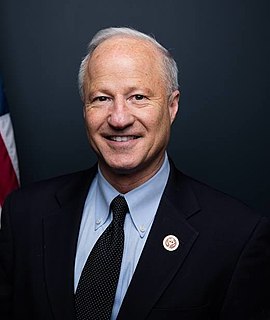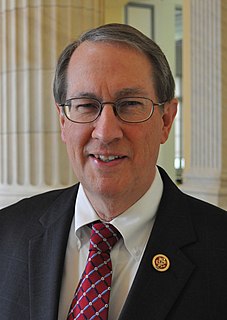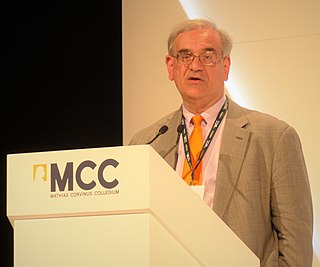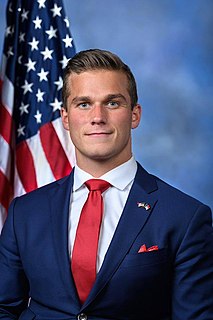A Quote by Eric Schneiderman
The secret's out: New York's Labor Law provides the power to help low-wage workers earn enough to meet their basic needs.
Related Quotes
When the press writes scare stories about the global labor supply draining jobs from rich to poor places, the story is usually presented as a "race to the bottom" simply in terms of wages. Capitalism supposedly looks for labor wherever labor is cheapest. This story is half wrong. A kind of cultural selection is also at work, so that jobs leave high-wage countries like the United States and Germany, but migrate to low-wage economies with skilled, sometimes overqualified workers.
A guest worker program should help farmers who are willing to pay a fair wage for law-abiding, dependable workers - not punish them ... And for this reason I support replacing the H-2A program and implementing new policies that will bring our illegal agricultural workers out of the shadows, as a first step in the process of overhauling our nation's immigration system.
Whenever you see some business person quoted complaining about how he or she can't find workers with the necessary skills, ask what wage they're offering.
Almost always it turns out what said business person really wants is highly (and expensively) educated workers at a manual-labor wage. No wonder they come up short.
I know firsthand that many employers who comply with other labor standards still hire the undocumented. Many businesses pay the minimum wage and have barely tolerable working conditions because there are sufficient undocumented workers willing to accept those terms. If we care about low-income workers in this country, we need to create pressure to improve their economic condition by reducing the supply of unauthorized workers.
The conservative goal has been the Third Worldization of the United States: an increasingly underemployed, lower-wage work-force; a small but growing moneyed class that pays almost no taxes; the privatization or elimination of human services; the elimination of public education for low-income people; the easing of restrictions against child labor; the exporting of industries and jobs to low-wage, free-trade countries; the breaking of labor unions; and the elimination of occupational safety and environmental controls and regulations.
a great deal of the wealth at the top is built on the low-wage labor of the poor. Take Wal-Mart, our largest private employer and premiere exploiter of the working class. ... You think it's a coincidence that this union-busting low-wage retail empire happens to have generated a $65 billion family fortune?


































